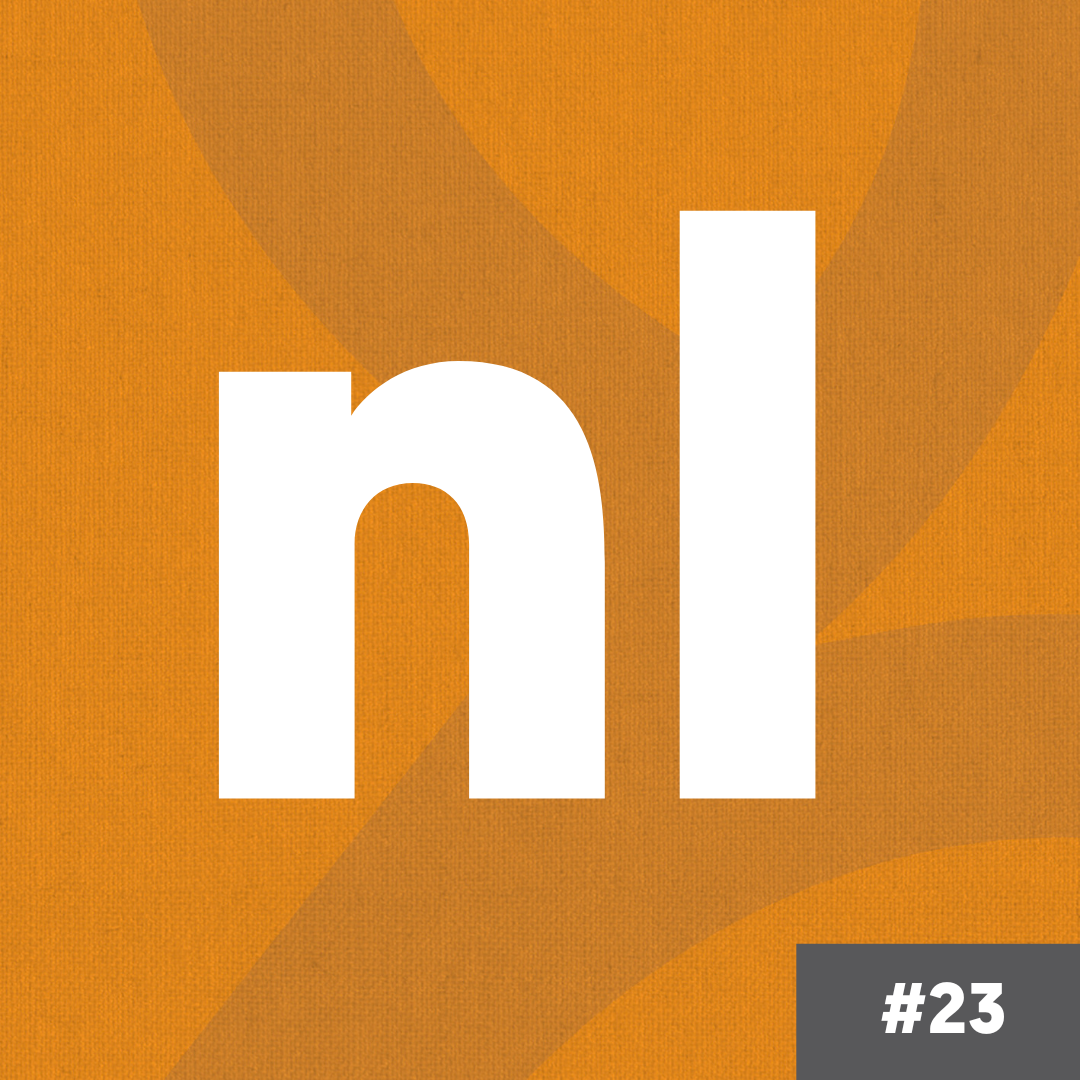💬 In this issue:
- The Funding Downturn: Insights into the impact of the Zero Interest Rate Period and lessons learned from the recent funding challenges in African tech markets.
- The Return of Optimism: Emerging trends of renewed confidence among investors in African startups and a call for African VCs to lead with conviction.
- Future Opportunities: The potential effects of global interest rate changes and the importance of long-term conviction and market creation for sustainable growth in Africa.
You know the dry rundown by heart now: Between 2020 to 2021, the Zero Interest Rate Period (ZIRP) meant investors had all this money that needed spending and some of that money found its way to African tech markets. Those investors, with no real understanding of the market and not very keen on due diligence, figured they could fund their way to producing a few unicorns (2021 data tells us 77% of active investors in Africa were international).
Between 2022 and 2023, the results from that influx of money showed that it took more than money to build innovative companies. And, as the United States began to raise rates, a lof of foreign investors headed for the exits. The ensuing funding winter spurred a lot of articles on what we could learn from the downturn. - Olumuyiwa (Writer & Contributor, African Pre-seed Podcast).
🤩 Finding the silver lining in the funding downturn
In articles and newsletters about the funding downturn (I may have contributed one or two…) most authors arrived—more or less— at the same lessons for the African tech ecosystem:
- Building a sustainable business with great unit economics will always be cool
- Foreign money won’t always save you. It’s crucial for African investors who understand the lay of the land to lead the way
- Valuation games don’t end well
- Incentives are everything. If you create incentives for people to game valuations and get funding, that’s exactly what they’ll do
- Tesh Mbaabu, the founder of MarketForce wrote in April that his startup was “completely wrong… Now we know that every dollar a startup can raise is a gift. It should never be the lifeblood of the business.”
It must have been depressing to be unable to escape some of those articles. Yet, in the last week, I couldn’t miss an interesting trend: the return of optimism.
Here’s Alex in a July article for Semafor:
“Investors in African startups are increasingly confident of a return to more dealmaking, as the causes of a near two-year pullback by global capital providers stabilize or fade away.”
Here’s Stephen Deng—more a rallying cry and a thesis:
”Now more than ever, it’s critical that African VCs send a clear message about what we believe in, why we believe it, and how we plan to support the potential of the continent in the coming years.”
🤔 Same same but different, maybe
We’re seeing some important fundraises from Africa-focused funds, interesting narratives accepting the challenge of how to think about the African market and an insistence of market creating innovations (this has gotten its fair share of criticism in the past month).
And back in the United States, the possibility of the Feds cutting interest rates means we could get another period where investors, flush with cash, will venture further afield from what they know in search of returns. If these investors pile into their flashy SUVs heading to the continent with bags of cash, will the lessons we learned in the last two years stick? I’m not sure.
If you ask my friend Abubakar Idris what’s what, he’ll say something like:
- There are opportunities in the African market, but there’s an absence of long term conviction that businesses on the continent need
- There’s still an argument for market creation. Not everything will be an instant hit. As Stephen Deng argues, it takes time for technology to transform local markets
- Every founder needs investors with conviction. It’s been interesting for instance to see Aliko Dangote, Africa’s richest man talk about the sheer willpower it took to build his refinery. It also needed some of his bankers to keep backing him even when the odds looked bleak. Why did his bankers hang in there? They had the conviction that Africa’s largest country should be able to refine its own crude oil.
📚 What I’ve been reading
- Once again, tech comes to the fore with protesters in Kenya using a walkie-talkie app to coordinate movements and communicate anonymously
- Banking agents are a vital part of Moniepoint and OPay’s success
- Fintechs in Zimbabwe are helping customers to get US Dollars in their hands by physically flying it in themselves
💥 Parting shot
What's on your mind? Drop us a note via connect@africanpreseed.com to let us know. Or, tag us on socials using #africanpreseedpodcast, #APSnewsletter or #APSVibeCheck.
That's it for now. See you next month! 😉

